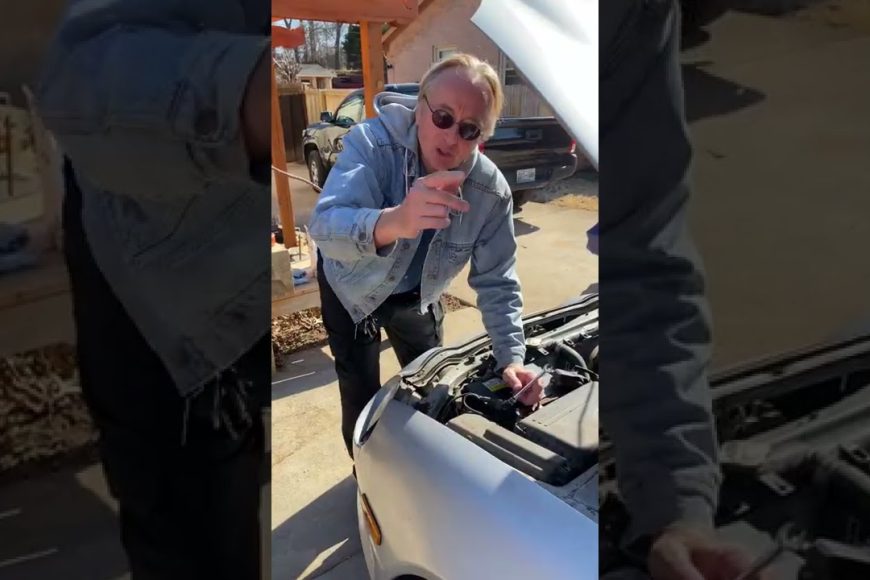- February 19, 2024
- By Shareef Mechanic
- In Auto Mechanic Tips | Mobile Mechanic in Atlanta GA Auto Car Repair
- 598
- 0

Last week, the National Highway Traffic Safety Administration (NHTSA) announced several vehicle recalls, raising concerns over fire risks and defrost system malfunctions. These recalls affect popular models such as the Hyundai Genesis and Jeep Wrangler, prompting owners to take immediate action to address the identified safety issues. As vehicle safety remains a top priority, it is crucial for owners to stay informed and take necessary steps to ensure the well-being of themselves and others on the road.
Hyundai has issued a recall for 90,907 Genesis vehicles due to a potential fire risk. The NHTSA warns that water may enter the starter solenoid, causing an electrical short that could result in an engine fire, whether the car is parked or in motion. To address this issue, Genesis owners are advised to park their vehicles outside and away from buildings until the necessary repairs are completed.
To rectify the problem, mechanics will install a remedy relay kit free of charge in the engine junction box at authorized dealerships. Notification letters will be sent to affected owners on April 13. For more information, Hyundai owners can contact customer service at 1-855-371-9460, with the recall numbers 254(H) and 018G(G).
– 2015-2016 Hyundai Genesis
– 2017-2019 Genesis G80
– 2017-2019 Genesis G90
– 2019 Genesis G70
Chrysler has announced a recall affecting 199,143 Jeep vehicles, including the 2021-2024 Jeep Wrangler and the 2022-2024 Jeep Grand Cherokee models. The NHTSA has identified a software error in the hybrid control processor (HCP) that may render the defrosting and defogging system inoperative. This malfunction can significantly impair a driver’s visibility, increasing the risk of a crash.
To address this issue, Chrysler dealerships will update the HCP software free of charge for all affected vehicles. Owner notification letters will be sent on April 5. Owners of the recalled Jeep models can contact Chrysler customer service at 1-800-853-1403, using the recall number 04B.
– 2021-2024 Jeep Wrangler
– 2022-2024 Jeep Grand Cherokee
Ford has issued a recall for 16,543 of its 2021-2022 E-350 and E-450 vehicles equipped with dual rear wheels. The NHTSA has identified a potential connection issue between the power steering pressure line and the brake hydroboost unit, which may result in a sudden loss of power steering fluid. This loss can lead to a loss of steering control and brake assist, significantly increasing the risk of a crash.
To address this issue, Ford dealerships will replace the power steering pressure line and the hydroboost jumper line at no cost to the owners. Owners of the affected vehicles, previously recalled under 22V-089, will need to have the new remedy completed. Notification letters will be sent out on March 25. For more information, Ford owners can contact customer service at 1-866-436-7332, using the recall number 24S07.
– 2021-2022 E-350
– 2021-2022 E-450
Mercedes-Benz has announced a recall of 12,191 vehicles due to a potential issue with the 48-volt ground cable connection. The NHTSA warns that the ground cable may not be tightened correctly, leading to potential overheating. To address this issue, authorized Mercedes-Benz dealerships will inspect and rectify the ground cable connection if necessary, free of charge.
Notification letters will be sent to affected owners on April 9. Alternatively, owners can contact Mercedes-Benz customer service at 1-800-367-6372. The recall is identified by the carmaker’s number 2024MMNNNN, as stated by the NHTSA.
The recent vehicle recalls issued by the National Highway Traffic Safety Administration highlight the importance of proactive safety measures in the automotive industry. Hyundai, Chrysler, Ford, and Mercedes-Benz have taken swift action to address potential fire risks, defrost system malfunctions, power steering fluid leaks, and ground cable issues. Owners of the affected vehicles are urged to contact their respective manufacturers or authorized dealerships to schedule the necessary repairs promptly. By prioritizing safety, both manufacturers and vehicle owners contribute to safer roads for everyone.